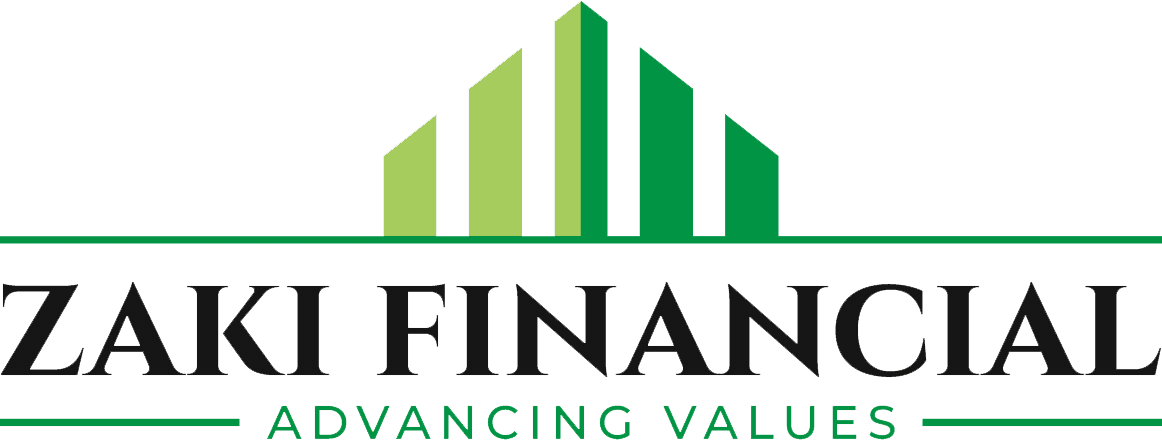Preparing For Financial Emergency (With Islamic Consideration)
To maintain stability during an emergency, especially a financial one, it is essential to know what type of crisis could happen in your life and be prepared for it beforehand.
Type of financial emergencies that could happen to you:
Natural disasters, wars, or social/political uprisings
Accidents
Health issues and disability
Economic recession
Job loss
Big home or car repairs
Legal or tax issues
Divorce or spouse loss
There are several ways to prepare for emergencies:
Strong faith and patience: this is extremely important.
Be ready to change your lifestyle and lower your standard of living instead of going deeper into debt.
Happiness is satisfaction with what you have, not according to how much you have.
Always look at the less fortunate people than you, and do not compare yourself to people who appear to have more than you do.
Do not be despaired. Allah is always there for you.
Emergency fund: this is usually six months' worth of expenses. It must be saved aside, left liquid, and accessible. Avoid interest saving and money market accounts due to Islamic prohibition. Instead, invest in that fund in the most conservative halal stocks (or Sukuk)
Saving and investment: saving ahead of time gives a resource to tap into in case of an emergency
Budgeting and reducing debt: being so leveraged in debt puts you quickly on the brink of financial distress.
Diversification of investment: The market changes a lot. However, not all types of investment go down together. Diversifying your investments between stocks, fixed income, real estate, business, and other types protects you from extreme crashes. Do not put all your money in one type or invest in risky or vague investments.
Insurance: Some insurance is required by law, and some is a necessity, like health insurance. In younger and lower-net-worth families, disability and life insurance also become necessary.
Ways to raise cash in an emergency
Strong family and family support: avoid divorce or cutting off family relations. Always treat your family with love and respect. Always support them so they would support you back at the time of need.
Strong community and brotherhood: the same thing you do to your family, do to your friends and the Muslim community. Be very respectful, loving, and supportive. This will also be paid back in case of need, in addition to the fabulous reward from Allah.
Government programs: examples are unemployment benefits, the Supplemental Nutrition Assistance Program (SNAP), HUD and county housing assistance, health insurance through healthcars.gov or even Medicaid, and small business assistance through the Small Business Administration (SBA). It is important to research and understand the eligibility criteria and application process for each program to determine which ones may be applicable to your situation.
Charity help: Many local charities provide food, clothing, and shelter to the homeless and those living in poverty. Others offer financial assistance to help people pay for basic necessities like rent, utilities, and medical expenses. If you or someone you know needs help, it's worth researching charities and organizations in your area that may be able to offer it.
